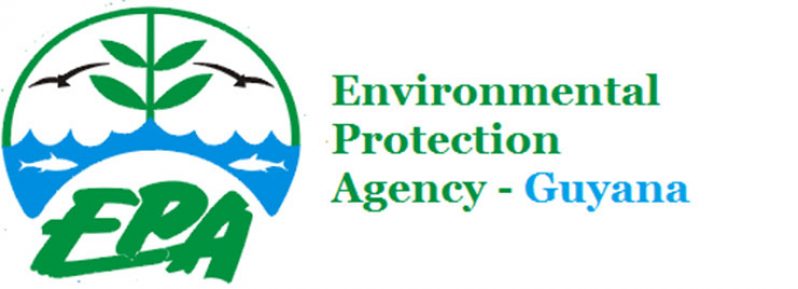“LAND has true value. Invest in it.” This is the theme for the observance of World Day to Combat Desertification and Drought (WDCD) this year. Each year, WDCD is observed on June 17 to raise awareness on the global and national actions that address desertification, land degradation and drought.
This year’s theme puts a focus on sustainable land management as a way to regenerate economies, create jobs and revitalise communities. It calls on all involved – producers, consumers and policy makers – to make a difference by investing in the future of land.
ENSURING SUSTAINABLE LAND MANAGEMENT
Land is an important resource. However, like any other, if it isn’t managed properly, we will not enjoy the optimum benefits it can provide us. Land of a good quality is important, especially for agriculture. However, we are to realise that the land resources available to us today will also have to be utilised by future generations. As such, we need to take this into consideration even as we strive to make the most of these resources now.
 According to the United Nations Convention to Combat Desertification, short-sighted economic gains, such as land grabbing, unplanned urban sprawl, unsustainable agriculture and over-consumption lead to unsustainable land use, which eventually causes degradation and the loss of critical ecosystem services. And these are the practices we need to avoid as we seek to address land degradation and maximise our land value.
According to the United Nations Convention to Combat Desertification, short-sighted economic gains, such as land grabbing, unplanned urban sprawl, unsustainable agriculture and over-consumption lead to unsustainable land use, which eventually causes degradation and the loss of critical ecosystem services. And these are the practices we need to avoid as we seek to address land degradation and maximise our land value.
Recognising the importance of sustainable land management, the Government of Guyana, through the Department of Environment will be implementing the Green State Development Strategy (GSDS) to guide Guyana’s development over the next 15 years. A key component of the GSDS is the sustainable management of natural resources which includes our land resources. Specific initiatives that will be used to ensure sustainable land management are:
• Land use planning and natural resource management systems
Improvements will be made to the land use planning and natural resource management systems. This will lead to assessing current land uses and being able to forecast land use changes.
Studies will be carried out to ascertain the carrying capacities of areas and their sensitivities and ecological limits due to land-use changes in order to identify impacts these changes could have economically, socially and ecologically. Additionally, the economic and social drivers of unsustainable land use will be evaluated in order to develop policies to combat these.
• Sustainable, productive and diversified agriculture
This area will assess opportunities for agricultural diversification into non-traditional agricultural exports such as fruits, vegetables and meat products. It will also assess how staple and subsistence agricultural products can be improved and remain sustainable for domestic consumption and export. Additionally, environmental impacts of current production techniques will be analysed in a bid to identify new technologies and innovative methods of production which would not only contribute significantly to agricultural productivity but also reduce sectoral emissions.
• Sustainable forest management – logging and non-timber forest product practices
Guyana has made significant progress in establishing reclamation and rehabilitation regulation, and in promoting sustainable production standards through the work of organisations such as; the Guyana Lands and Survey Commission (GLSC) and the Guyana Forestry Commission (GFC). This will be built on by ensuring sustainable logging practices which would further contribute to increased forest biomass, leading to additional carbon stocks. Sustainable forestry will also be combined with agricultural diversification to further boost sustainable land management plans.
As the prime regulator for the environment in Guyana, the EPA has the oversight of activities that can potentially impact our land resources. Our Land Resources Management Programme Area monitors projects such as logging operations, mining operations, and large-scale agriculture, sawmills and lumber years. Further, guidelines for these sectors aim to lend support to the priority areas identified under the GSDS.
Additionally, through Voluntary Partnership Agreements (VPAs) between Guyana and the European Union, the FAO-EU-FLEGT Programme is funding a number of projects aimed at Reduced Impact Logging and better management of our forest resources.
You can share your ideas and questions by sending letters to: “Our Earth, Our Environment”, C/O ECEA Programme, Environmental Protection Agency, Ganges Street, Sophia, Georgetown, or email us at eit.epaguyana@gmail.com or follow us on Facebook and Instagram.




.png)









